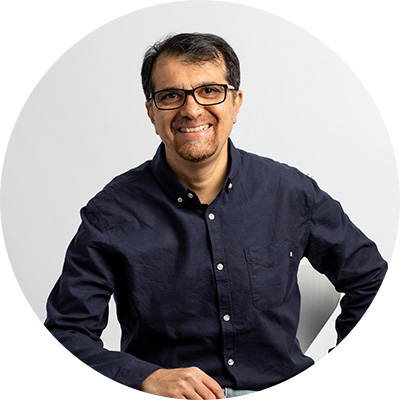Chronic exposure to tumour antigens in cancer and organ-specific antigens in autoimmune diseases such as type 1 diabetes (T1D) drives T cell exhaustion. T cell exhaustion reduces the effectiveness of T cells to control the tumours allowing cancer to progress, but paradoxically islet reactive T cells showing features of exhaustion continue to destroy beta-cells in T1D. Our work is focused on understanding how the exhausted T cells in the tumour environment are different to those developing in the autoimmune islet environment.
Understanding this will allow us to exploit processes that make T-cells causingT1D more exhausted like those in cancer and prevent T1D. To do this we have developed a novel transplantable tumour cell line expressing islet antigen(s). We will transplant tumours expressing islet antigens in the non-obese diabetic (NOD)mouse model of T1D and study the difference in the exhaustion program of islet antigen-specific T cells developing in the transplanted tumour and host islet microenvironment. We hypothesise that islet antigen-specific T cells infiltrating the tumour will undergo severe T cell exhaustion. To examine how exhausted islet-specific T cells regulate the other effector T cells in NOD mice we will remove the tumour and follow the NOD mice to see if they are protected from diabetes.
Supervised by

Available for Student Supervision